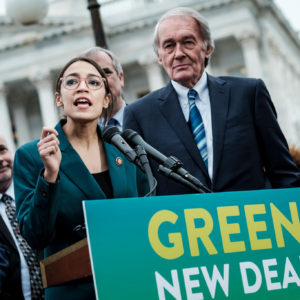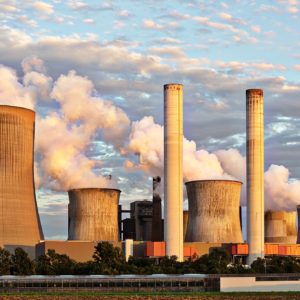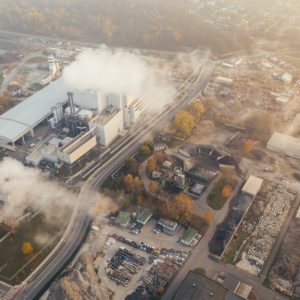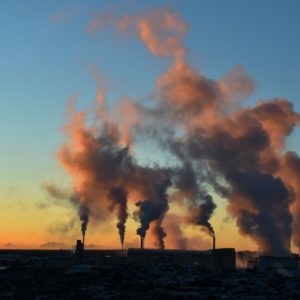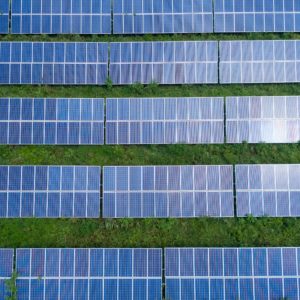“The adverse economic effects of a net-zero policy, even in its narrower dimension, would be huge, emerging sooner rather than later, and carrying with them serious political impacts. My estimate of the direct cost of only the electricity component of the Green New Deal is about a half trillion dollars per year, or about $4,000 annually per U.S. household, and that is based on a set of highly conservative assumptions.”
Articles from Around the Web
California’s Failed Climate Change Policy
“This year’s record-breaking fire season demonstrates that the State needs to take a less doctrinaire and more pragmatic approach toward addressing climate change.”
Scientists engineered plastic-eating ‘super-enzymes’ that can break down bottles in days
“These 'super-enzymes' were made by researchers at the Center for Enzyme Innovation in the UK and the National Renewable Energy Laboratory in Colorado. They break down a type of common plastic known as polyethylene terephthalate (PET) — used in single-use bottles as well as clothing and carpets — into its chemical building blocks.”
To Reduce Carbon Emissions, We Need to Support Innovation
“Luckily, there is abundant innovation happening in nuclear energy and across the carbon-free energy sector. We must continue to see policy support and investment demonstrated by initiatives like DOE’s Advanced Reactor Development Program.”
GM’s Detroit-Hamtramck Auto Plant Is Now ‘Factory Zero’
“Factory Zero will be over 4 million square feet in size when it resumes operation, making it among GM’s largest. When it gets up to its full rated capacity of 270,000 vehicles annually, it is expected to employ about 2,200 people.”
Hydropower 101
"After peaking in the 1960s, the stream of hydropower development gradually slowed to a trickle. One of the main reasons is the bureaucratic federal licensing process. Developers must navigate a licensing process that can take more than six years, spanning multiple state and federal government agencies."
Equinor and Microsoft collaborate on Northern Lights carbon capture and storage value chain
“’Carbon capture and storage is a proven technology and has the potential to play a key role in decarbonising energy and industries across sectors to meet international climate targets.'"
Gulf Coast Sequestration Takes ‘Significant Step’ Toward Massive Carbon Capture Project
“GCS said once completed, its sequestration hub is expected to be the largest geologic carbon capture project in the United States and among the largest in the world. It would have capacity to sequester 2.7 tons of CO2 annually. That is equivalent to removing about 600,000 passenger vehicles from the road every year, the company estimated.”
Texas could be poised to lead in carbon capture technology
"‘There's just a massive opportunity in the state, and policy makers are open to the discussions right now. The companies involved in the space are also feeling pressure from the investment community and consumers.’"
A Red State Goes Green — Why Texas Is Adding So Much Solar
“The thing that makes solar so appealing is that land and labor are cheap in Texas, and permits to turn on solar are easier to get in Texas. Reduced regulation in Texas means it is easier to build projects and get permission to sell power on the grid. It is easier to try new innovative things.”
